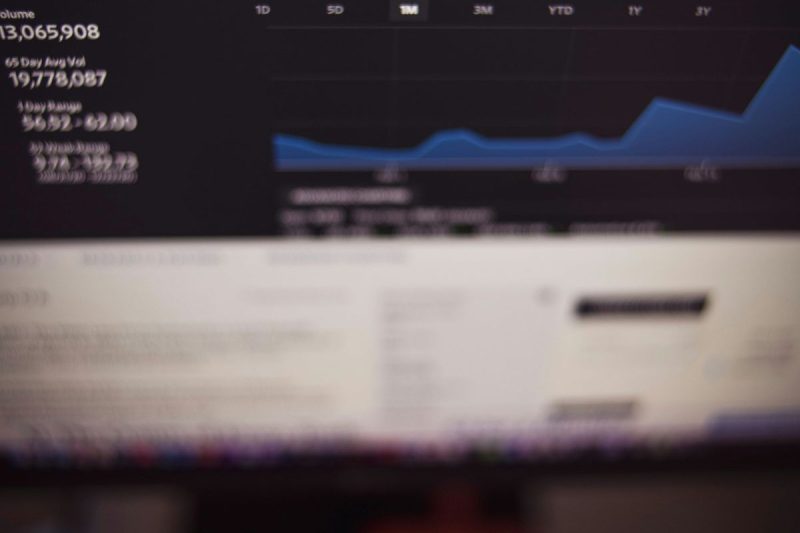Goldman Sachs Cuts Copper Price Forecast on Weak Chinese Demand
Goldman Sachs, one of the world’s leading investment banks, recently revised its copper price forecast downwards due to weakening demand from China. This change in outlook reflects broader concerns about the impact of China’s economic conditions on the global commodity market.
China, as the world’s largest consumer of copper, plays a key role in determining the price of this essential industrial metal. The country’s ongoing economic slowdown, exacerbated by factors such as the trade war with the United States and the slump in the construction sector, has significantly dampened demand for copper. This reduced demand has put downward pressure on copper prices, prompting Goldman Sachs to adjust its forecast.
The downward revision by Goldman Sachs highlights the interconnected nature of the global economy and the ripple effects of developments in key markets such as China. As a bellwether for global economic health, the copper market often serves as an early indicator of shifts in demand and economic activity. The bank’s revised forecast underscores the challenges facing commodity markets in the current economic environment.
Despite the negative outlook, there are potential mitigating factors that could support copper prices in the medium to long term. These include infrastructure projects in China aimed at boosting economic growth, as well as potential stimulus measures to counter the slowdown. Additionally, the transition to cleaner energy sources and the growing demand for electric vehicles are expected to drive future demand for copper, providing a silver lining for the market.
Investors and industry stakeholders will be closely monitoring developments in China and other key markets to gauge the trajectory of copper prices in the coming months. While the current outlook may be challenging, the inherent resilience of the commodity market and potential future drivers of demand suggest that the copper market may see a rebound in the future. In this dynamic and interconnected global economy, staying informed and adapting to changing market conditions will be crucial for success in the commodity sector.
